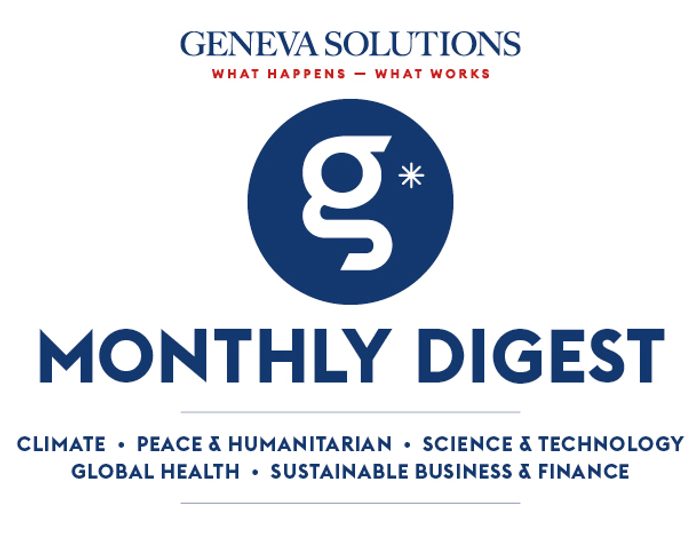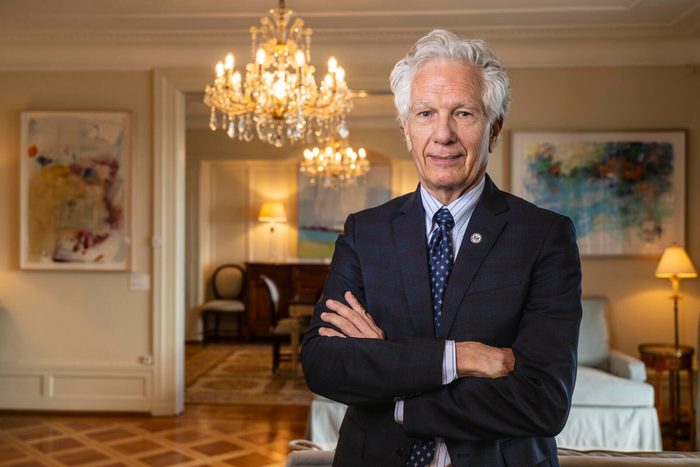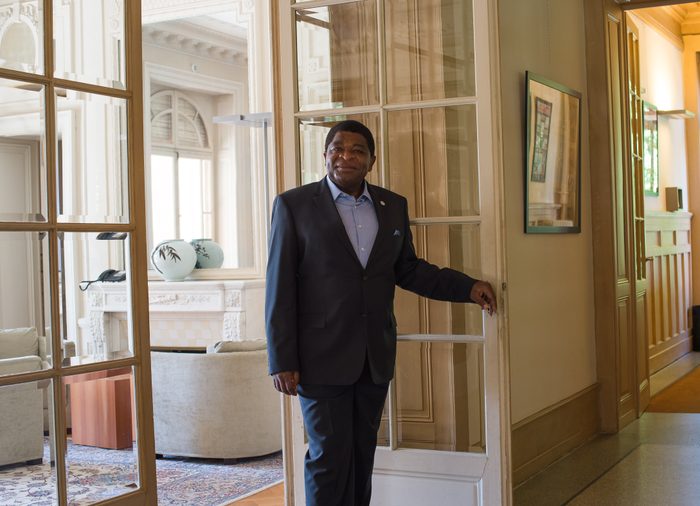 |
Hello, this is Kasmira. When stepping over that invisible threshold into a new year, we tend to view it as an opportunity for a fresh start. We rummage deep into our depleted reserves and muster up some optimism about finding new solutions to age-old problems.
One of those is the Disarmament Conference. In a state of paralysis for several decades, US ambassador to the conference Bruce Turner is nevertheless convinced of its purpose and ready to find ways to revitalise the multilateral forum.
On other fronts, as the list of the world’s protracted conflicts and humanitarian crises grows, prospects of finding near-term solutions seem bleaker. But in this round-up, The New Humanitarian offers up some ideas on what governments and aid groups can do to make 2024 a little better.
The record number of elections being held this year has also heightened long-held concerns that democracies worldwide are increasingly under threat. But the Inter-Parliamentary Union’s Martin Chungong shares his confident outlook on why democracies will continue to reinvent themselves.
Meanwhile, new initiatives emerging from Geneva’s humanitarian and health scene, including one presented at Davos that aims to boost economic opportunities for women through investment in menstrual health, give us further hope that we don’t always need a fresh start but a new resolve to build on work that has come before. |

|

Bruce Turner, US ambassador to the Conference on Disarmament. (Le Temps/Carole Parodi)
|
|

Martin Chungong, secretary general of the Inter-Parliamentary Union, at the organisation’s villa headquarters known as “Maison des Parlements” in Grand-Saconnex. (IPU)
|
|
🪧 Keeping faith with democracy.
Dubbed “the United Nations for parliaments”, the Inter-Parliamentary Union has been on a mission to help parliaments promote peace and democracy for 135 years. Its secretary general Martin Chungong speaks to Geneva Solutions about efforts to keep parliamentary talks going in coup-hit nations and between countries at war.
Kasmira Jefford (EN)
|
|
Here’s what else happened this month
|

Ameca, one of the world's most lifelike humanoid robots, speaks during the world's first press conference with a panel of AI-enabled humanoid social robots at ITU’s AI for Good Global Summit in Geneva, 7 July 2023. (Keystone/Martial Trezzini)
|
|
|
GS news is a new media project covering the world of international cooperation and development. Don’t hesitate to forward our newsletter!
Have a good day!
|

|
|
Avenue du Bouchet 2
1209 Genève
Suisse
|
|
|
|










